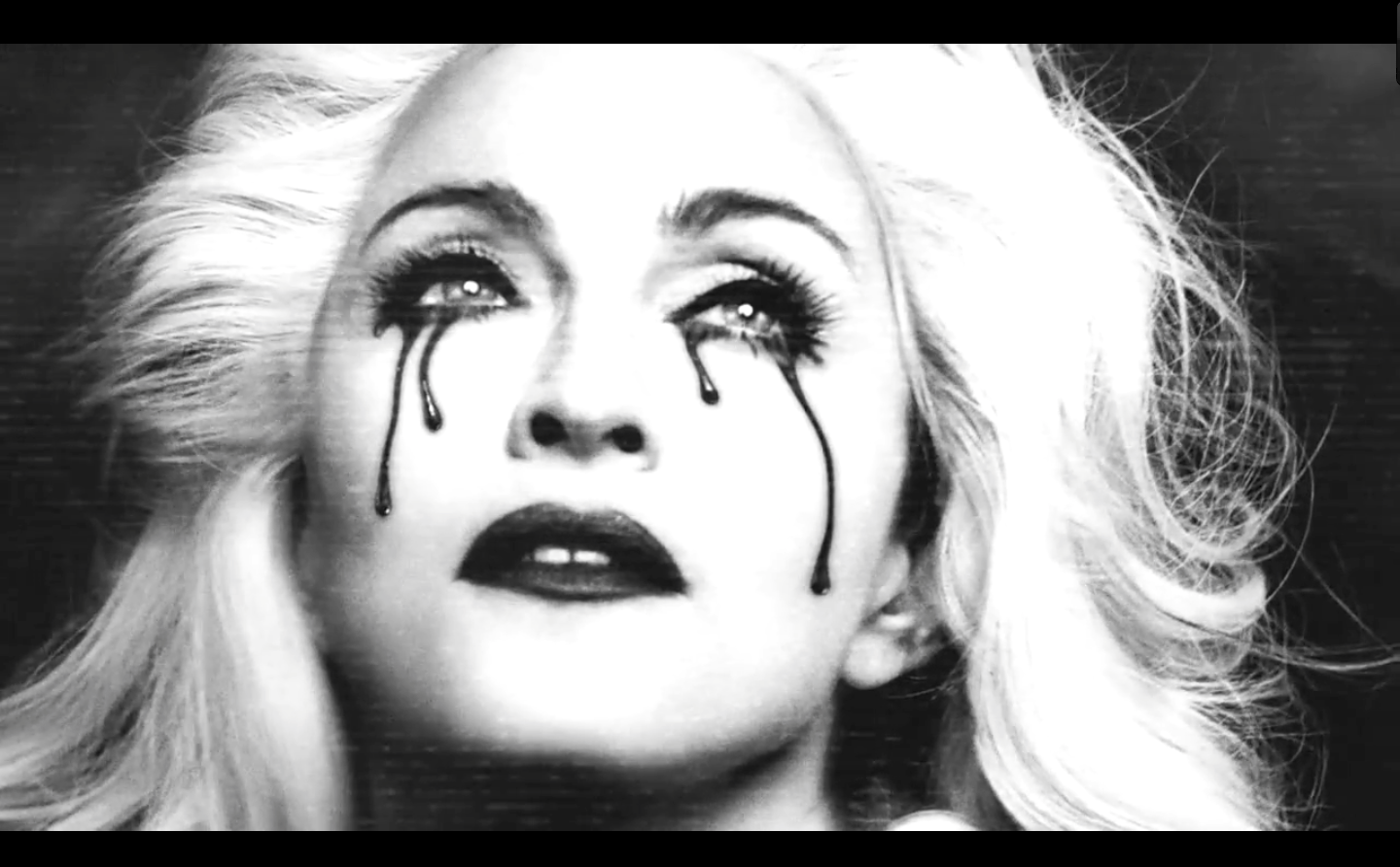Students’ Quests in Liu Sola’s Post/Modernist Narrative: You Have No Other Choice and Chaos and All That
Pubblicato 2020-12-03
Come citare
Abstract
In this essay, I offer close readings of Ni bie wu xuanze (You Have No Other Choice, 1985) and Hundun jia li-ger-leng (Chaos and All That, 1991), two short novels by Chinese author, musician, and composer Liu Sola. A graduate in composition from the Central Conservatory of Music, Liu made a resounding literary debut in 1985 with You Have No Other Choice, which was rapidly classified as the first authentically modernist Chinese work of narrative fiction. In 1988, she moved to London, where she wrote Chaos and All That. While keeping in mind the tension between, on the one hand, Liu’s pivotal position in contemporary Chinese cultural discourse and, on the other hand, the diasporic location she ended up occupying, I attempt to contextualize both novels under examination with respect to the Chinese historical, cultural, and literary context of the 1980s and the very early 1990s, when an effervescent debate on modernity, and especially on the potentialities and pitfalls of literary modernism, gradually showed the signs of a shift towards post/modernism. Within this context, I also engage with a more strictly literary and tropological frame of reference, exploring Liu’s creative usage of a recurring, rich trope in Chinese literature: the "student", especially as study abroad student – a trope that changes, and is the bearer of different connotations, according to how the component of gender is deployed.
Riferimenti bibliografici
- Bai, Xianyong. 1964. "Zhijiage zhi si" ("Death in Chicago"). Xiandai wenxue 19: 1-12.
- Bing, Xin. 1992 [1934]. "The Photograph." [Xiangpian] Trans. Jeff Book. In The Photograph. Beijing: Panda Books.
- Dirlik, Arik, and Xudong Zhang. 2000. "Introduction: Postmodernism and China." In Postmodernism & China, edited by Arif Dirlik and Xudong Zhang, 1-17. Durham: Duke University Press.
- Fusco, Serena. 2015. "Cinesità letteraria globale: alcuni termini di una questione politica." Between 5 (10): 1-21.
- Gu, Ming Dong. 2006. Chinese Theories of Fiction: A Non-Western Narrative System. Albany: State University of New York Press.
- Hillenbrand, Margaret. 2013. "Letters of Penance: Writing America in Chinese and the Location of Chinese American Literature." MELUS 38 (3): 44-66.
- Huang, Caiping. 2014. "Qingchun yu mimang: Du Liu Sola xiaoshuo Ni bie wu xuanze." [Youth and disorientation: reading Liu Sola's novel You Have No Other Choice.] Ezhou daxue xuebao 21 (11): 56-8.
- Huang, Yiju. 2014. Tapestry of Light: Aesthetic Afterlives of the Cultural Revolution. Leiden: Brill.
- Jiang, Haixin. 2000. Female Consciousness in Contemporary Chinese Women's Writing. PhD diss., University of Canterbury.
- Lanza, Fabio. 2010. Behind the Gate: Inventing Students in Beijing. New York: Columbia University Press.
- Liu, Sola. 1994a [1985]. Ni bie wu xuanze. [You Have No Other Choice.] In Hundun jia li-ger-leng, 191-272. Beijing: Zhongguo huaqiao chubanshe.
- Liu, Sola. 1994b [1991]. Hundun jia li-ger-leng. [Chaos and All That.] In Hundun jia li-ger-leng, 1-118. Beijing: Zhongguo huaqiao chubanshe.
- Liu, Sola. 1994c. Chaos and All That. Trans. Richard King. Honolulu: University of Hawaii Press.
- Liu, Xiaobo. 1986. "Yizheng xinde shenmei sichao: Cong Xu Xing, Chen Cun, Liu Sola de sanbu zuopin tanqi." [A new kind of aesthetic thought: Discussing the works of Xu Xing, Chen Cun, and Liu Sola.] Wenxue pinglun 3: 35-43.
- Nie, Hualing. 1998. Mulberry and Peach: Two women of China. Trans. Jane Parish Yang and Linda Lappin. New York: The Feminist Press at the City University of New York.
- Nie, Hualing. 1976. Sangqing yu Taohong. Hong Kong: Youlian chubanshe.
- Rao, Pengzi. 2000. "Shiji zhi jiao: haiwai huawen wenxue de huigu yu zhanwang." [Turn of the century: a retrospective and a prospect for overseas Chinese-language literature.] Jinan xuebao 22 (4): 1-3.
- Shih, Shu-mei. 2001. The Lure of the Modern: Writing Modernism in Semicolonial China, 1917-1937. Berkeley: University of California Press.
- Tsu, Jing, and David Der-wei Wang, eds. 2010. Global Chinese Literature: Critical Essays. Leiden: Brill.
- Tu, Wei-ming, ed. 1994. The Living Tree: The Changing Meaning of Being Chinese Today. Stanford: Stanford University Press.
- Wang, Jing. 1996. High Culture Fever: Politics, Aesthetics, and Ideology in Deng's China. Berkeley: University of California Press.
- Wang, Ning. 2000. "The Mapping of Chinese Postmodernity." In Postmodernism & China, edited by Arif Dirlik and Xudong Zhang, 21-40. Durham: Duke University Press.
- Wong, Sau-ling. 2001. "The Stakes of Textual Border-Crossing: Hualing Nieh's Mulberry and Peach in Sinocentric, Asian American, and Feminist Critical Practices." In Orientations: Mapping Studies in the Asian Diaspora, edited by Kandice Chuh and Karen Shimakawa, 130-52. Durham and London: Duke University Press.
- Yue, Ming-Bao. 2005. "Nostalgia for the Future: Cultural Revolution Memory in Two Transnational Chinese Narratives." The China Review 5 (2): 43-63.
- Zhang, Yiwu. 1994. "Xiandaixingde zhongjie: yige wufa huibide keti." [The end of modernity: an unavoidable issue.] Zhanlüe yu guanli 3: 104-109.
- Zhang, Zhen. 1999. "The World Map of Haunting Dreams: Reading Post-1989 Chinese Women's Diaspora Writing." In Spaces of Their Own: Women's Public Sphere in Transnational China, edited by Mayfair Mei-hui Yang, 308-36. Minneapolis and London: University of Minnesota Press.

